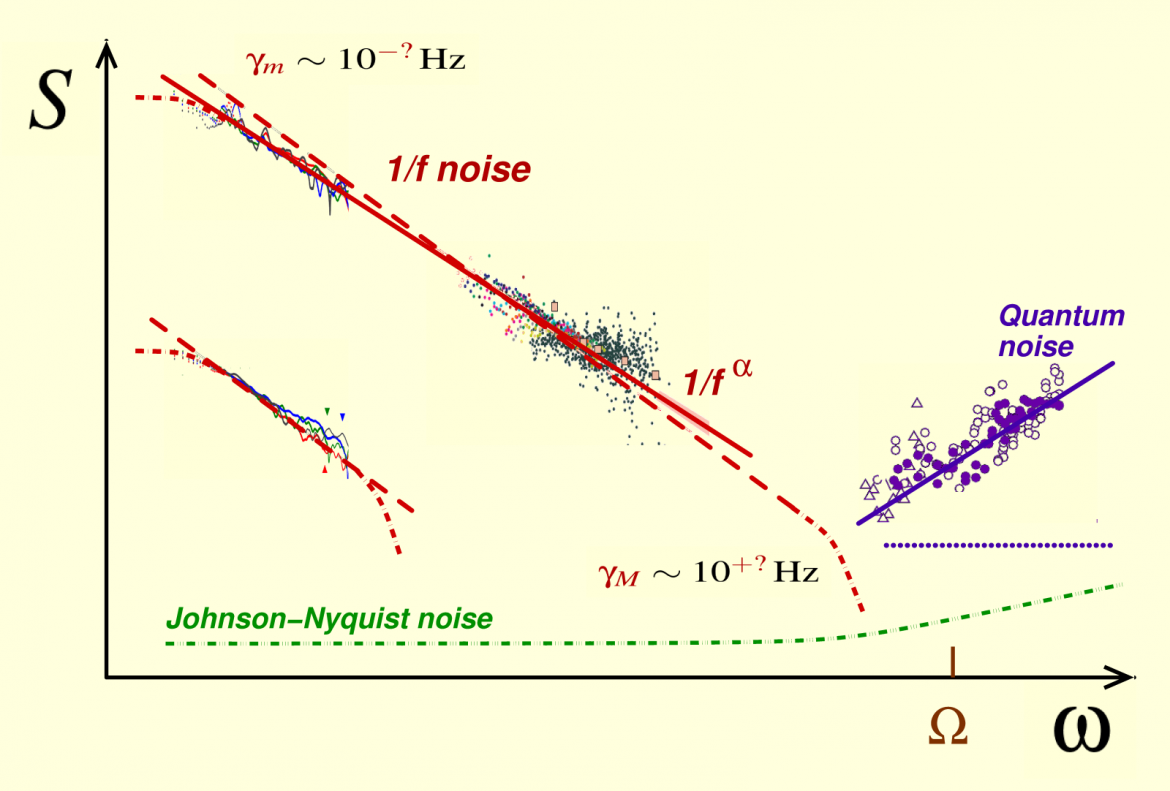
Developing Quantum Technologies (QT) requires protection of coherence and quantum correlations, as entanglement, from effects of the environmental noise due to uncontrolled degrees of freedom. Classical and quantum noise produce "errors", both locally (in quantum gates) and nonlocally (in architectures with distributed entanglement), which deteriorate the performances of quantum hardware leading to decoherence. In particular in solid-state coherent nanosystems (superconductors, semiconductors) it is important to characterize non-Markovian noise with 1/f spectrum, and elaborate strategies minimizing decoherence effects.
-
Hardware for quantum architectures and design of coherent control
-
We study the design of solid-state integrated systems with controllable coherent light-matter interaction. In particular we address adiabatic protocols in superconducting architectures circuit QED, and quantum dynamics in the ultrastrong coupling regime.
-
Solid-state quantum architectures: optimized many-qubit gates; effects of noise on entanglement sharing in distributed architectures and active stabilization via LOCC; scaling of decoherence in fault-tolerant architectures
.
-
-
Quantum sensing and metrology
-
Designa of schemes for sensing of noisy complex quantum systems under external drive, generalizing techniques of "open loop" dynamical decoupling used for their active stabilization.
-
Investigation of continuous measurement of thermal nanomachines implemented by small quantum networks of dots, or by architectures circuit QED, with the goal of understanding and optimizing the thermodynamic cost of acquiring information.
-


